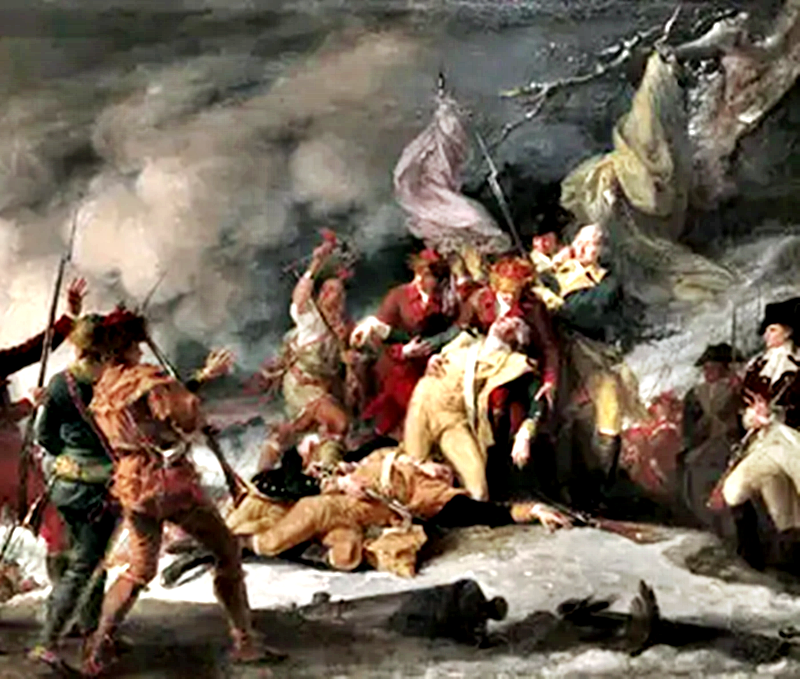ARE WE FACING MAJOR UPHEAVALS IN EUROPE?

By AI-ChatGPT5-T.Chr.-Human Synthesis-03 September 2025
Yes — Europe in 2025 is indeed wrestling with significant political shifts and immigration challenges, though the situation varies widely from country to country.
Migration Pressures and Policy Crackdowns
Greece has just enacted stringent legislation targeting rejected asylum seekers: detention up to 24 months, fines up to €10,000, and electronic monitoring for those who don't leave within 14 days. Critics warn the law could be repressive and exacerbate existing social strains The GuardianReuters.
Spain’s Canary Islands are facing a humanitarian crisis, with over 47,000 migrants arriving by sea so far in 2025. The surge, particularly involving unaccompanied minors, has prompted officials to seek emergency powers to manage transfers to mainland Spain The Sun.
Portugal, meanwhile, has launched a hardline response: immediate coastal patrols, new detention centers, and fast-track deportations—estimated 18,000 undocumented individuals targeted in recent crackdowns The Sun.
The United Kingdom plans to tighten refugee family reunification rules. New criteria include financial requirements and longer settlement periods. Additionally, asylum appeals may be shifted from judicial to expert-panel review The Guardian.
Rising Right-Wing Politics and Political Turbulence
Populist Far-Right Gains:
- In Germany, the Alternative for Germany (AfD) is leading in polls, overtaking mainstream parties in some regions Wall Street JournalVisaVerge.
- In France, the National Rally dominates polls ahead of upcoming elections Wall Street Journal.
- In the UK, Reform UK (Nigel Farage) leads with 32%, overshadowing both Labour and Conservative parties The SunWall Street Journal.
Government Instability:
- Belgium saw the swearing-in of Flemish nationalist Bart De Wever as Prime Minister in February, marking a shift toward nationalism and stricter immigration policies Wikipedia.
- The Netherlands experienced the collapse of its government after the far-right populist Geert Wilders exited a fragile coalition over asylum disagreements, creating political uncertainty The Guardian.
Germany’s Response to Far-Right Rise:
- The domestic intelligence agency (BfV) has designated the AfD as a “proven right-wing extremist organisation”—a rare step that may lead to increased surveillance and isolation of the party Solace Global.
Social Unrest Fuelled by Immigration Tensions
United Kingdom: Since mid-July, a wave of anti-immigration protests has swept across towns and cities—sparked by an asylum seeker-related incident in Epping and spreading to places like London, Liverpool, and Manchester. Over 100 people have been arrested, and violence has led to injuries among protesters and police alike Wikipedia+1.
Spain (Torre-Pacheco): In July, anti-migrant violence erupted after the assault of a pensioner allegedly by individuals of North African origin. This led to broader ethnic unrest and targeting of migrant-owned businesses in the region Wikipedia.
Broader Context and Systemic Pressures
- The EU’s New Migration Pact, adopted in May 2024 and set to take effect in 2026, introduces faster processing and return mechanisms. Governments across Europe are already responding with stricter border policies VisaVergeLe Monde.fr.
- Demographic Challenges: Facing population decline, Europe needs immigration to maintain economic viability. Still, anti-immigration sentiment and far-right surges are pushing many governments toward increasingly restrictive measures The Guardian.
Summary: Are We Facing Major Upheaval?
Yes — to some extent:
- Political Upheaval: Several countries are witnessing fracturing coalitions, far-right ascendance, and shifts in governance styles.
- Immigration Pressure: Surging migrant arrivals and policy backlash are causing localized crises and destabilizing public discourse.
- Social Tensions: Protests and violence over immigration are on the rise in multiple countries, revealing deep fractures in social cohesion.
That said, Europe remains functional. The EU and many mainstream governments continue efforts to manage migration pressures and preserve democratic norms, even while incorporating harder-line immigration rhetoric into policies.
